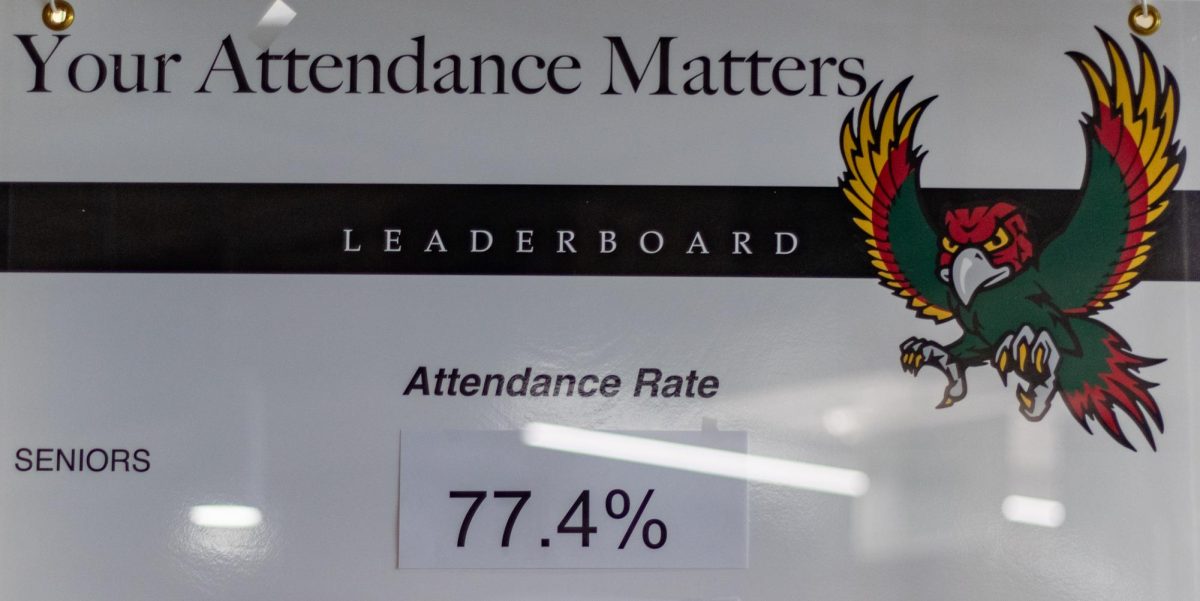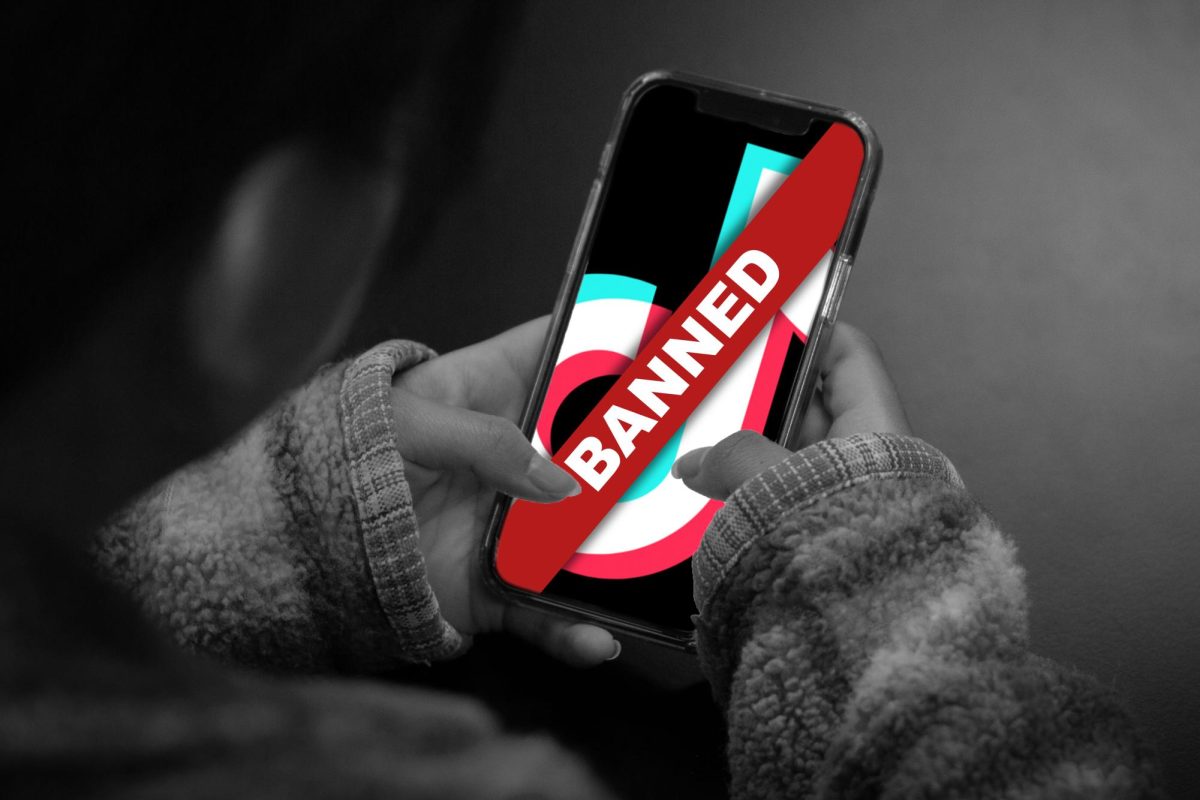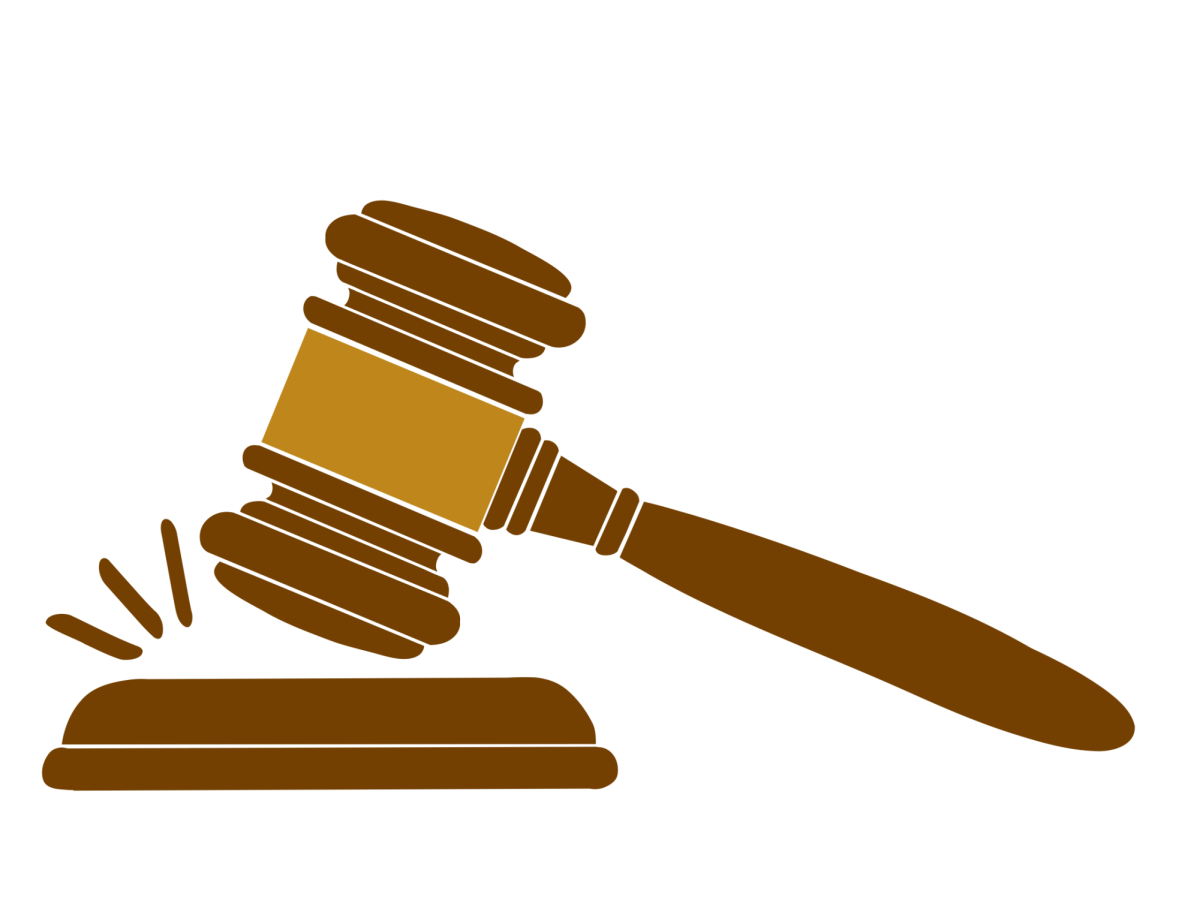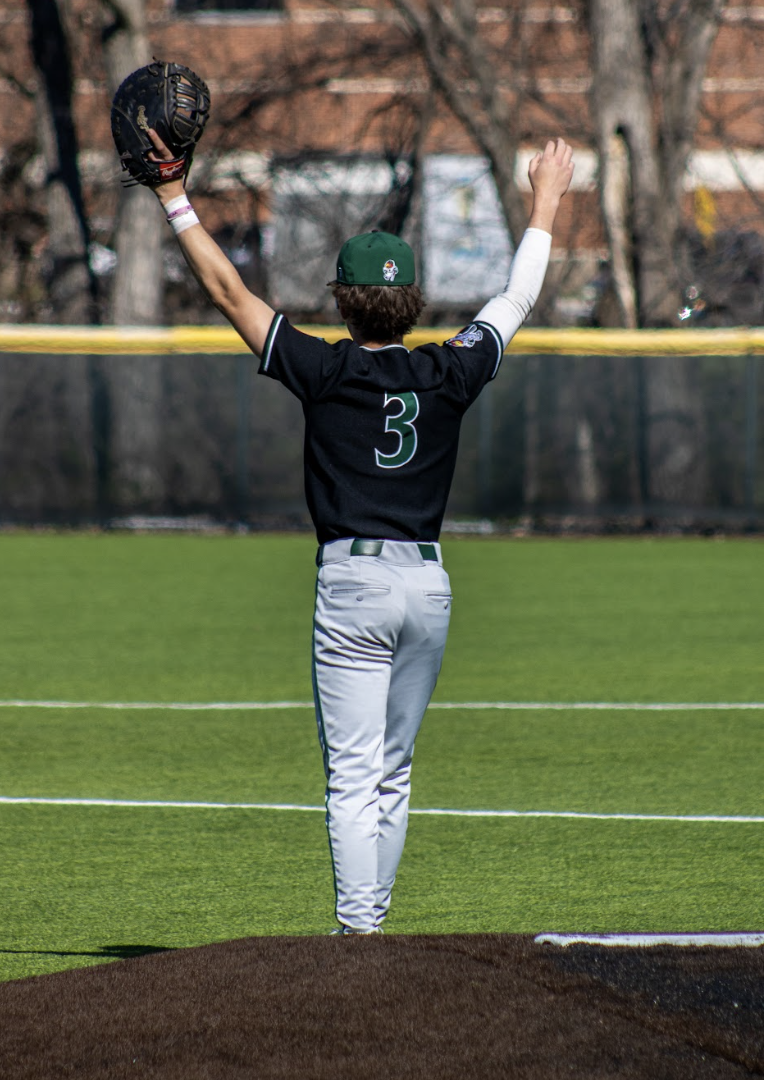A flight attendant begins her march to the front of the airplane, and frequent fliers feverishly plug away at their iPads and smartphones to send one more Angry Bird flying into the clouds before she can make the dreaded announcement.
“Please turn off and stow all portable electronic devices at this time.”
The passengers grimace. It’s possible that many of them think this regulation is about as sensible as the rumored Lawrence, KS, law that forbids townspeople to wear bees in their hats.
“One time I left [my phone] on, and my sister left hers on for the entire flight, and [the flight crew] didn’t tell us anything,” freshman Thomas Paige said.
Paige flew to California last December, just a few weeks after actor Alec Baldwin failed to turn off his cell phone on a flight departing from California for New York and was summarily dismissed from the plane.
December is far from the busiest month for airplane traffic — seventh according to OAG for the Traveler — but it is a busy month for airwave traffic. In December 2010, actor Josh Duhamel was forced to exit an airplane after sending a text on the runway. One year and three days later, American Airlines escorted Baldwin off a plane when he “took his phone into the plane’s lavatory” to avoid turning it off, according to the airline.
“It might have been a little ridiculous to lock himself into the bathroom,” junior Aleva Ivanov said. Ivanov has flown overseas several times. “It might have been a hazard, but he didn’t necessarily deserve to be kicked off the plane. Unless he was volatile about it — unless he was like, ‘No, I will not stop playing.’”
Perhaps passengers would be more motivated to follow airplane regulations if they knew why those regulations are in place.
“I’m not sure what the cell phones do to the plane,” Ivanov said. “I might be nervous that it would break some tie and make us fall out of the sky … but I don’t have enough knowledge to be scared.”
No plane crash has ever been officially attributed to a passenger’s use of an electronic device, but the Federal Communications Commission and Federal Aviation Administration would rather passengers be safe than sorry.
“There are still unknowns about the radio signals that portable electronic devices (PEDs) and cell phones give off,” the FFA says on its website. “These signals, especially in large quantities and emitted over a long time, may unintentionally affect aircraft communications, navigation, flight control and electronic equipment.”
The heading of the FFA’s section on cell phones is “Cell Phones: A Different Animal.”
“Cell phones (and other intentional transmitters) differ from most PEDs in that they send out signals strong enough to be received at distances far away from the user,” the organization says.
If Baldwin had been playing a game on, say, an iPod, which does not necessarily transmit electromagnetic signals — signals usually associated with communication — he could have continued playing once the plane reached a height of 10,000 feet. This height marks the end of what Boeing’s magazine, “Aero,” calls the “critical” periods: takeoff and landing.
According to “Aero,” wireless devices have been known to cause “autopilot disconnects, erratic flight deck indications, airplanes turning off course, and uncommanded turns” during flights. The magazine specifically warns aircraft against cell phones, as electromagnetic interference (EMI) is reputedly, but not absolutely, responsible for many of these unintentional episodes.
Technology companies’ solution to their products’ quarrel with air safety is airplane mode, which Apple says “disables the wireless features of your iPhone, iPad, or iPod touch to comply with airline regulations.”
The FFA implies that while airlines “may” allow their passengers to use phones set on airplane mode, which it says allows users only to “play games, check an address or look at the phone’s calendar,” some airlines will not accept this alternative.
Such skepticism often works both ways, though, as some passengers remain unconvinced that cell phones pose a threat to aircraft.
“I think they probably don’t want people getting distracted during an emergency,” Paige said, “so they just tell people it interferes with [the plane].”















